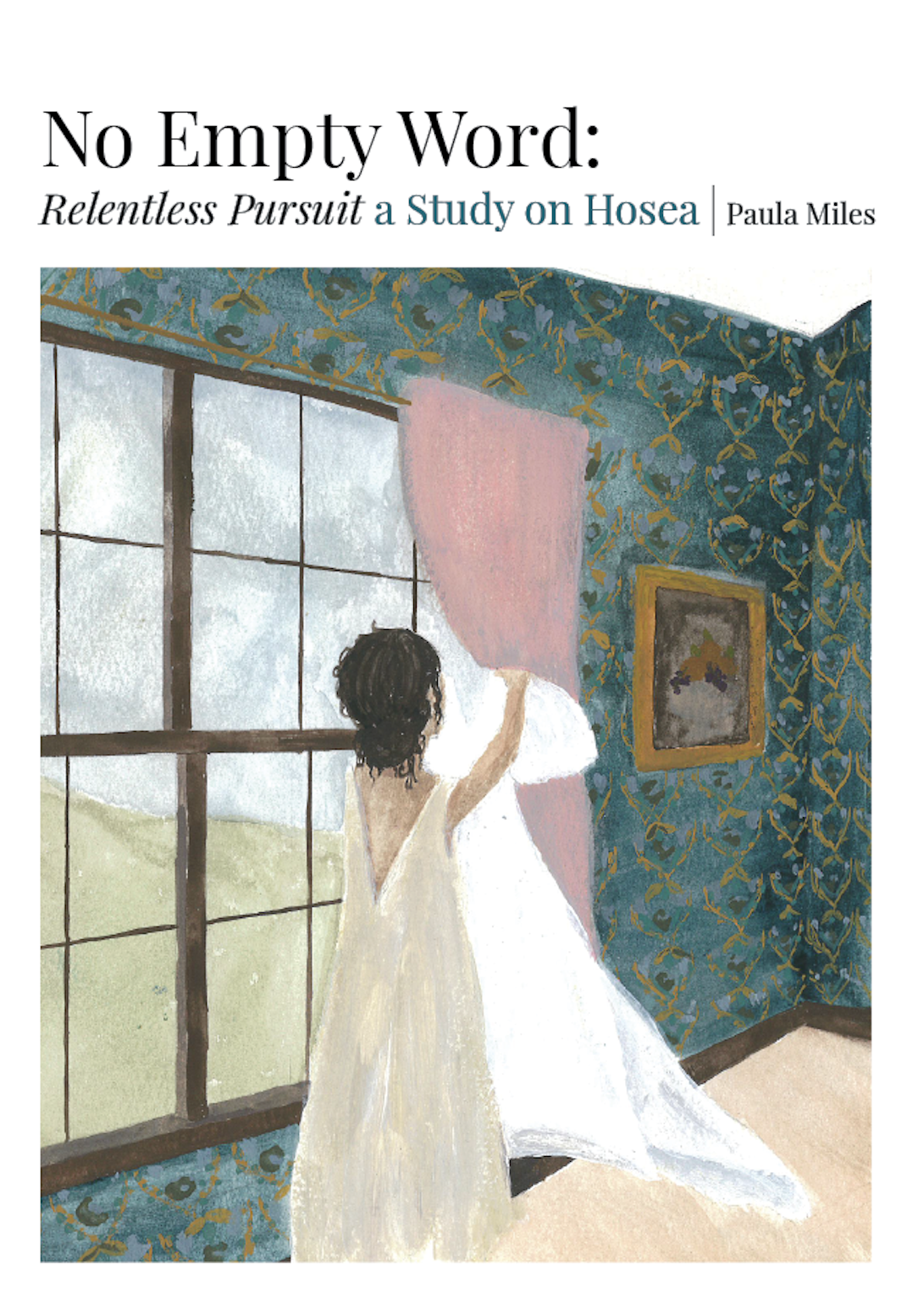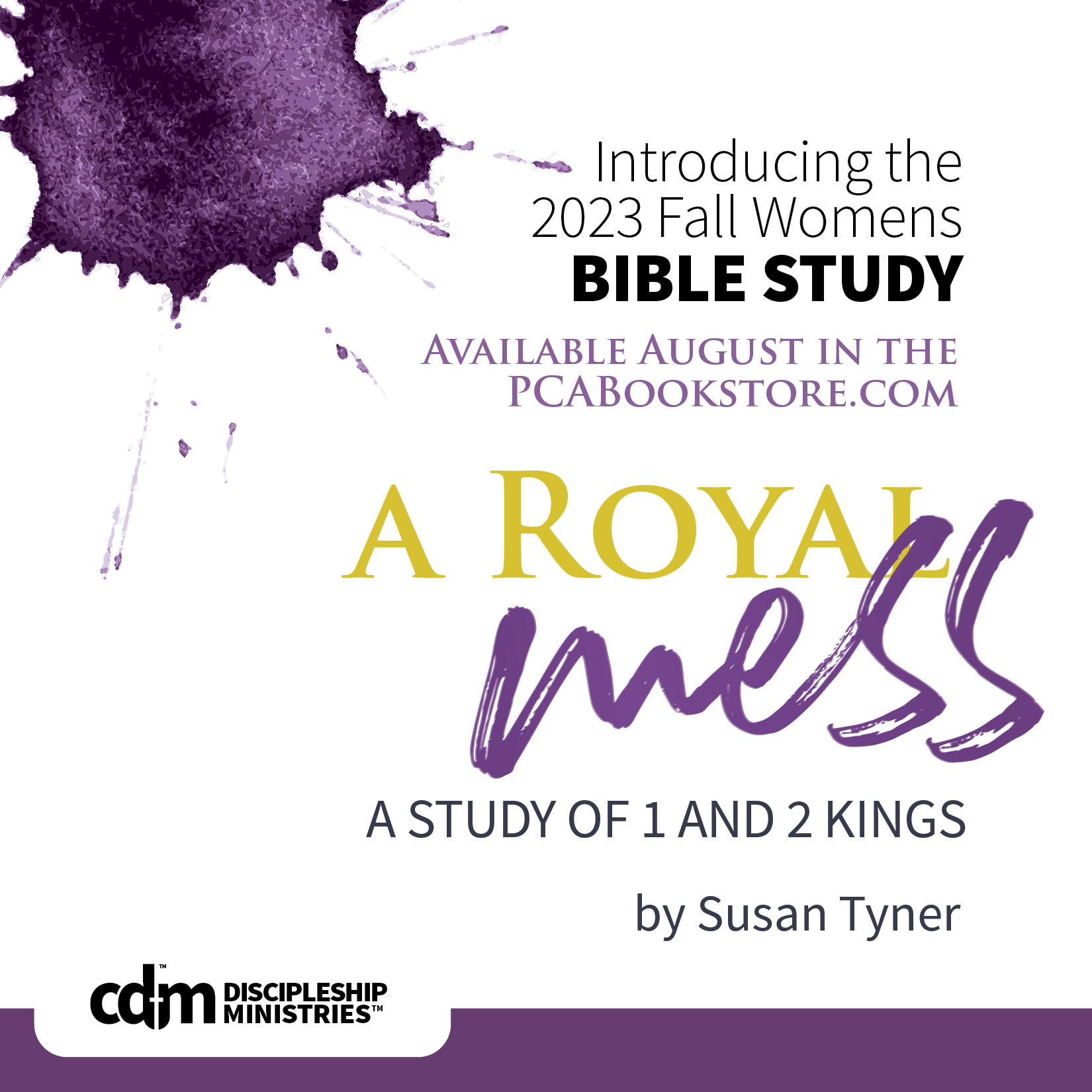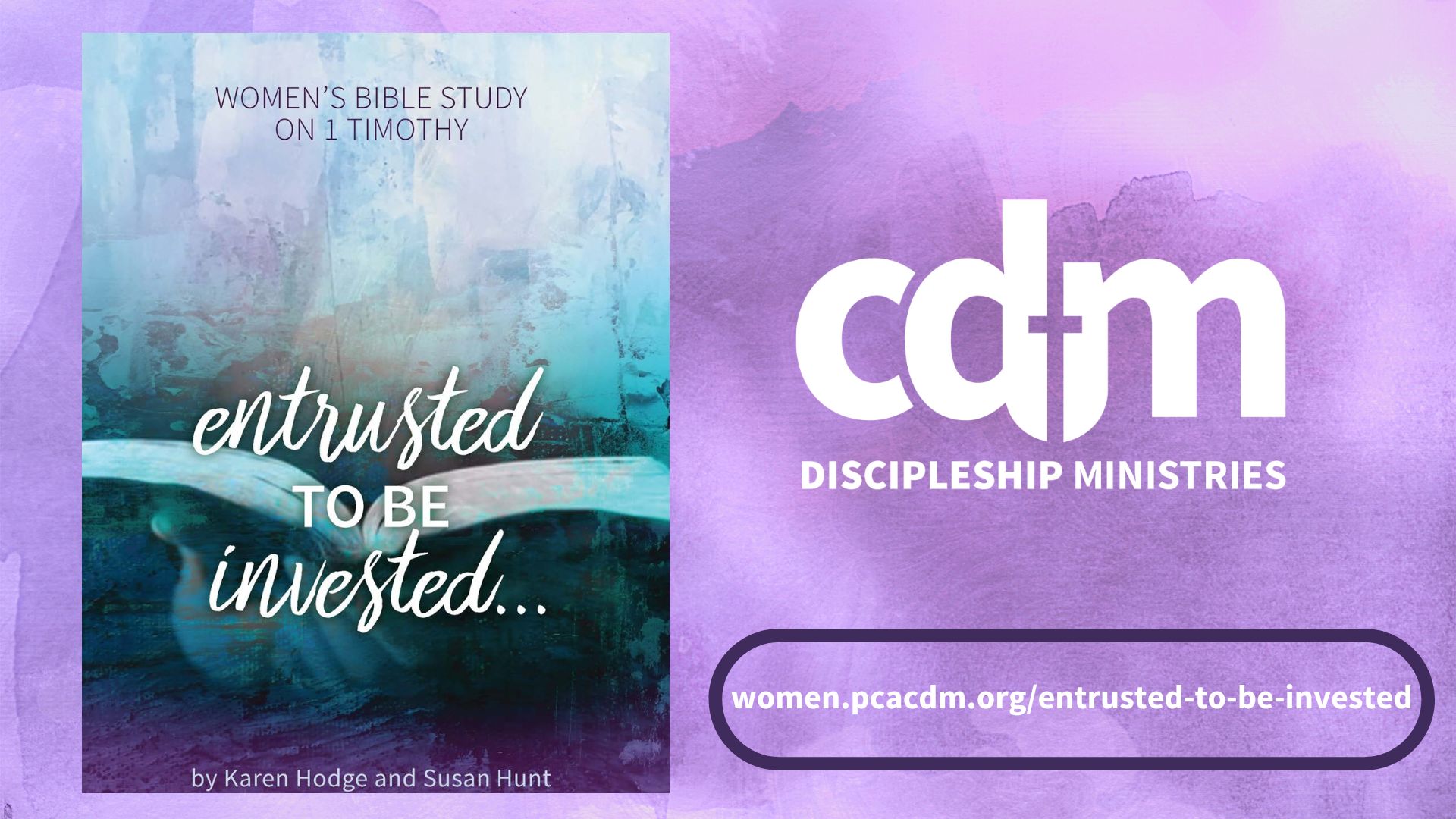Four Reasons to Study Theology
JULIANNE ATKINSON |GUEST When I lived in Alaska, my friends and I went on several 30-mile treks. There was one trek where we hiked the first ten miles and went to sleep that night to expansive mountain views as far as the eye could see. We woke up the next morning after a cold night on a hard floor to a completely opaque cloud cover. We couldn’t see three feet in front of us. We wandered the Alaskan wilderness searching for trail cairns to take us to the next point on the bald faces of the mountainside. The rain wasn’t as much falling, as we were walking IN it. We decided to finish the hike a day early and with our soaked-through waterproof boots we traversed 20 miles through a wet cloud. We saw the boggy ground. We saw the great dark shapes slowly take form on the horizon as we went up and down, up and down, up and down. We bonded over trying to make sense of where we were on the elevation map. We felt joy in the accomplishment and relief when we made it to our cars and subsequently, pizza on the other side. We finished the journey, but we missed what we came to see. On the last weekend of the summer, we took on the Kesugi Ridge trail in Denali State Park. Denali, the famed highest peak in North America, is seen only 30% of the time. You never know how clear your weather will be, but there’s always the hope it will be clear enough to see. That weekend we hiked the first ten miles up Kesugi Ridge and set up camp opposing the crystal-clear Alaskan sunset over the snowy, awe-inspiring mountain towering over the entire Alaska Range in the distance. We hydrated our hot meals and couldn’t believe the glory of God revealed before our eyes. We could see what God had made and it turned our eyes and hearts to Him. In a similar way, when we don’t study theology, we might complete the journey we set out on. We might even love what we see of God through the misty ups and downs of life. But what we see on the clouded journey is nowhere near the satisfaction we COULD experience with the rich and beautiful full picture of who He is. So, what is it that we’re missing out on if we don’t pursue the study of theology?...










